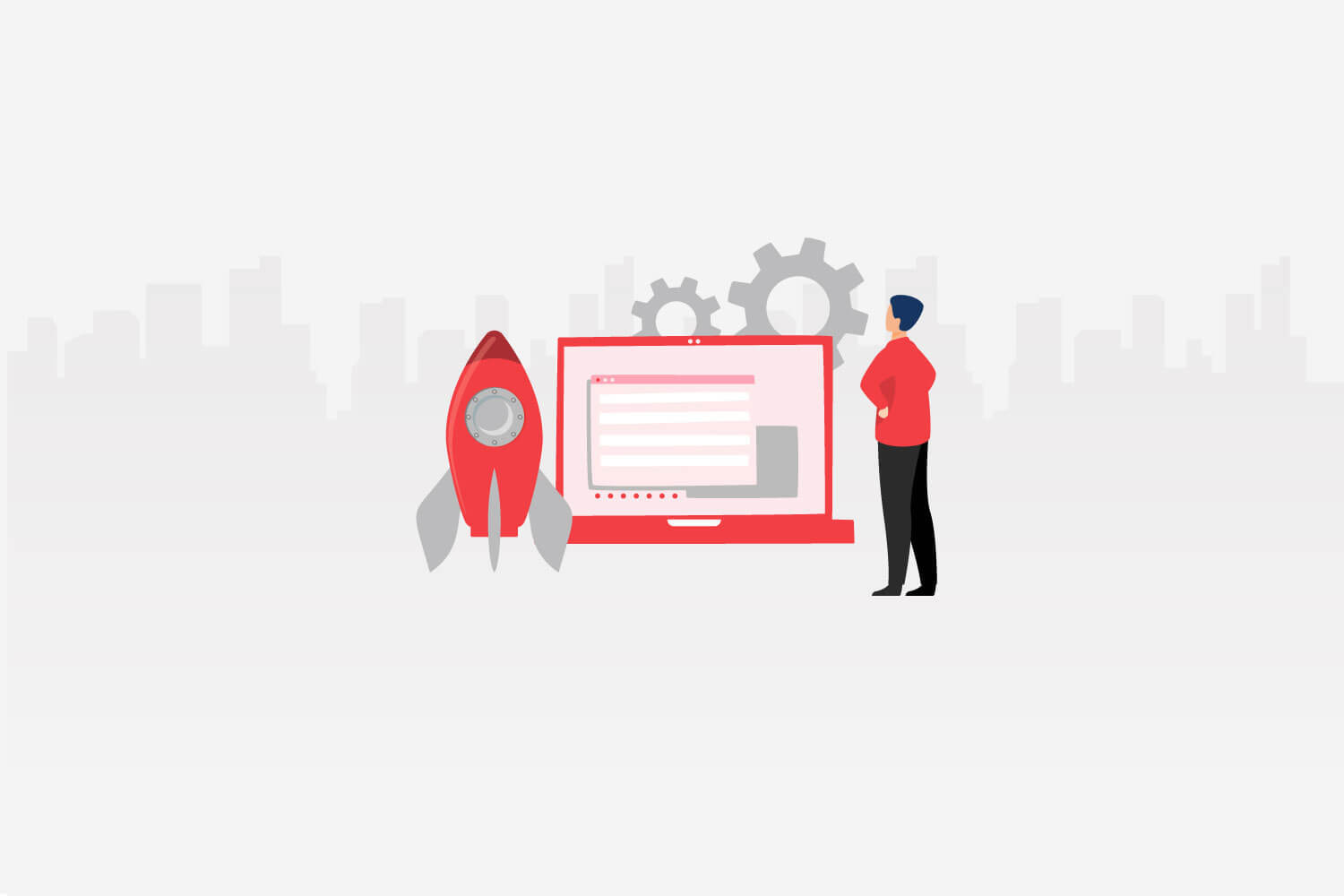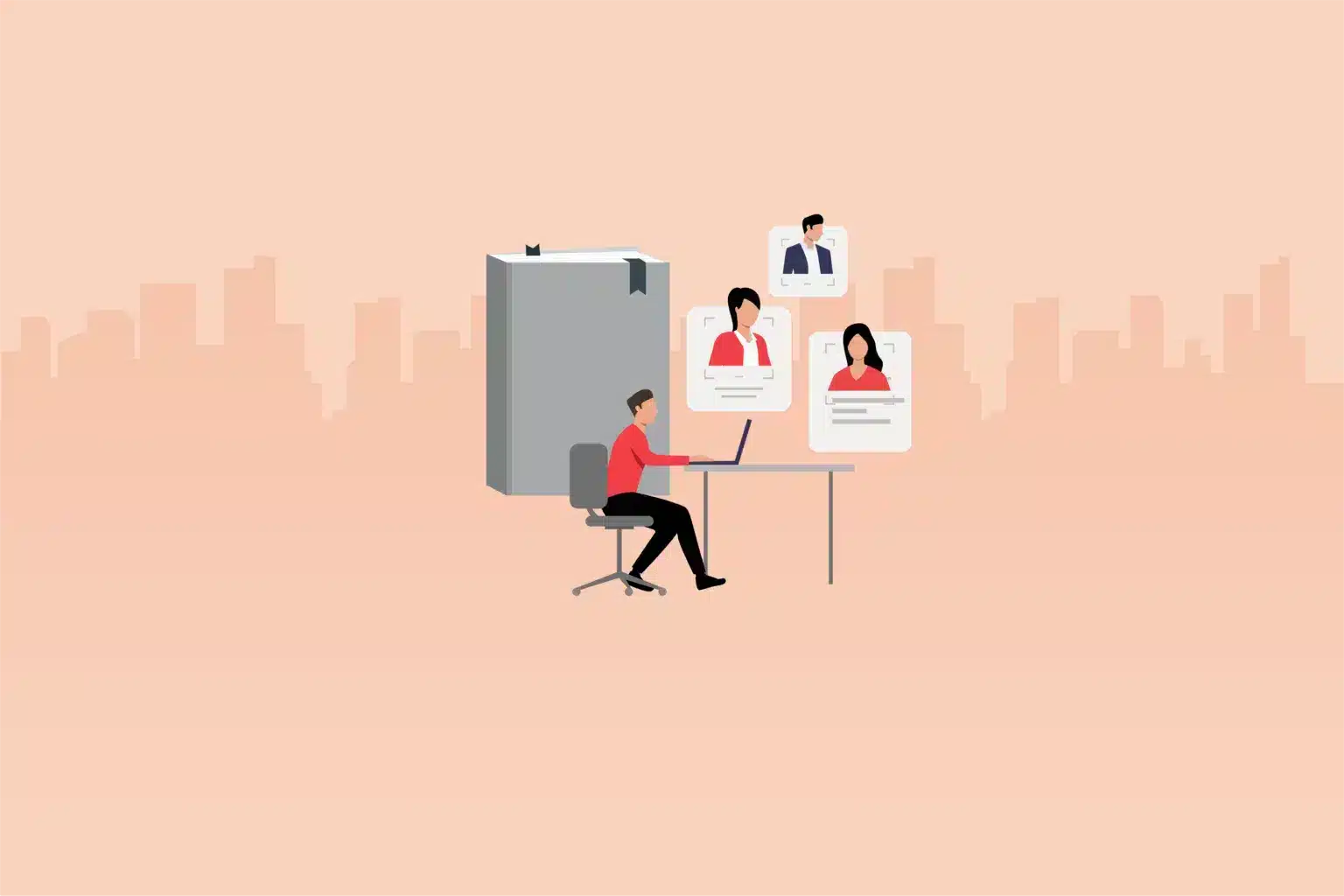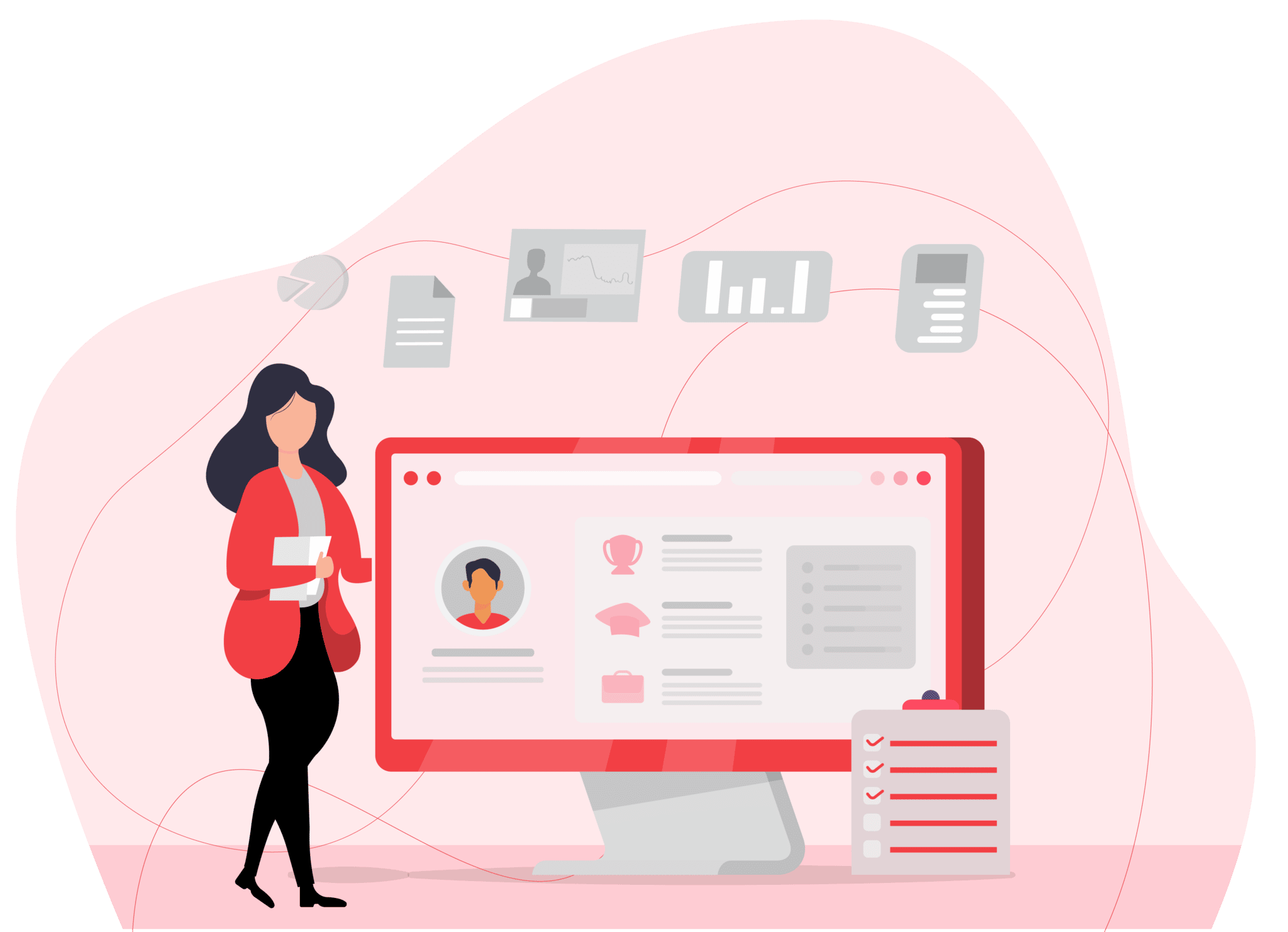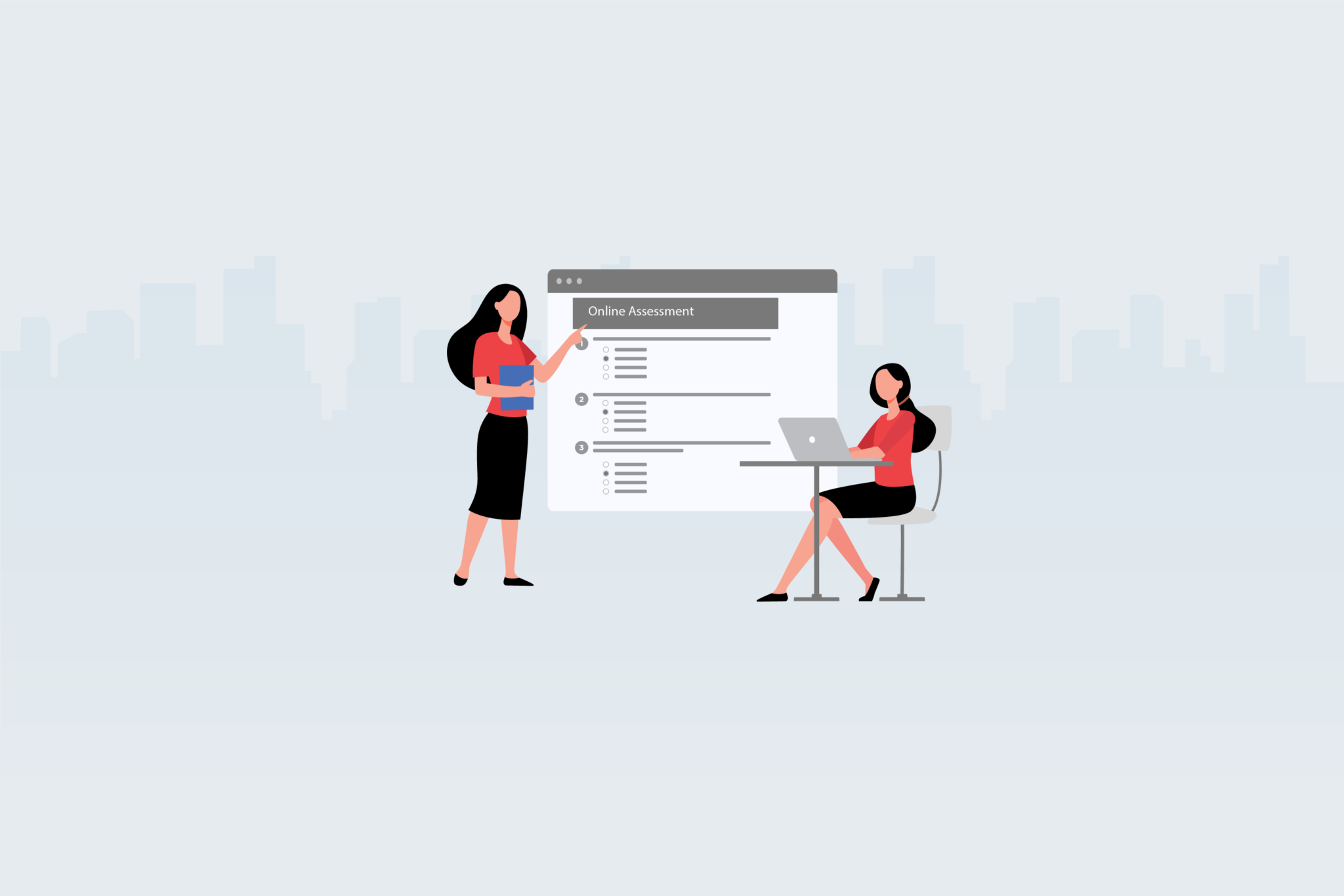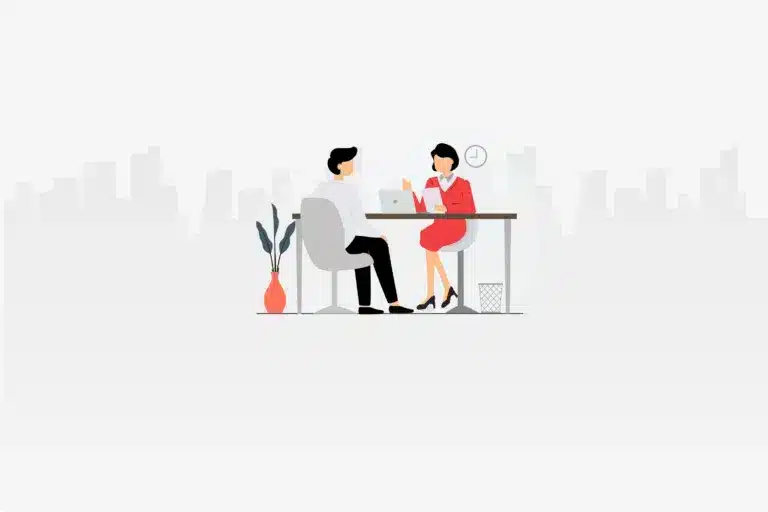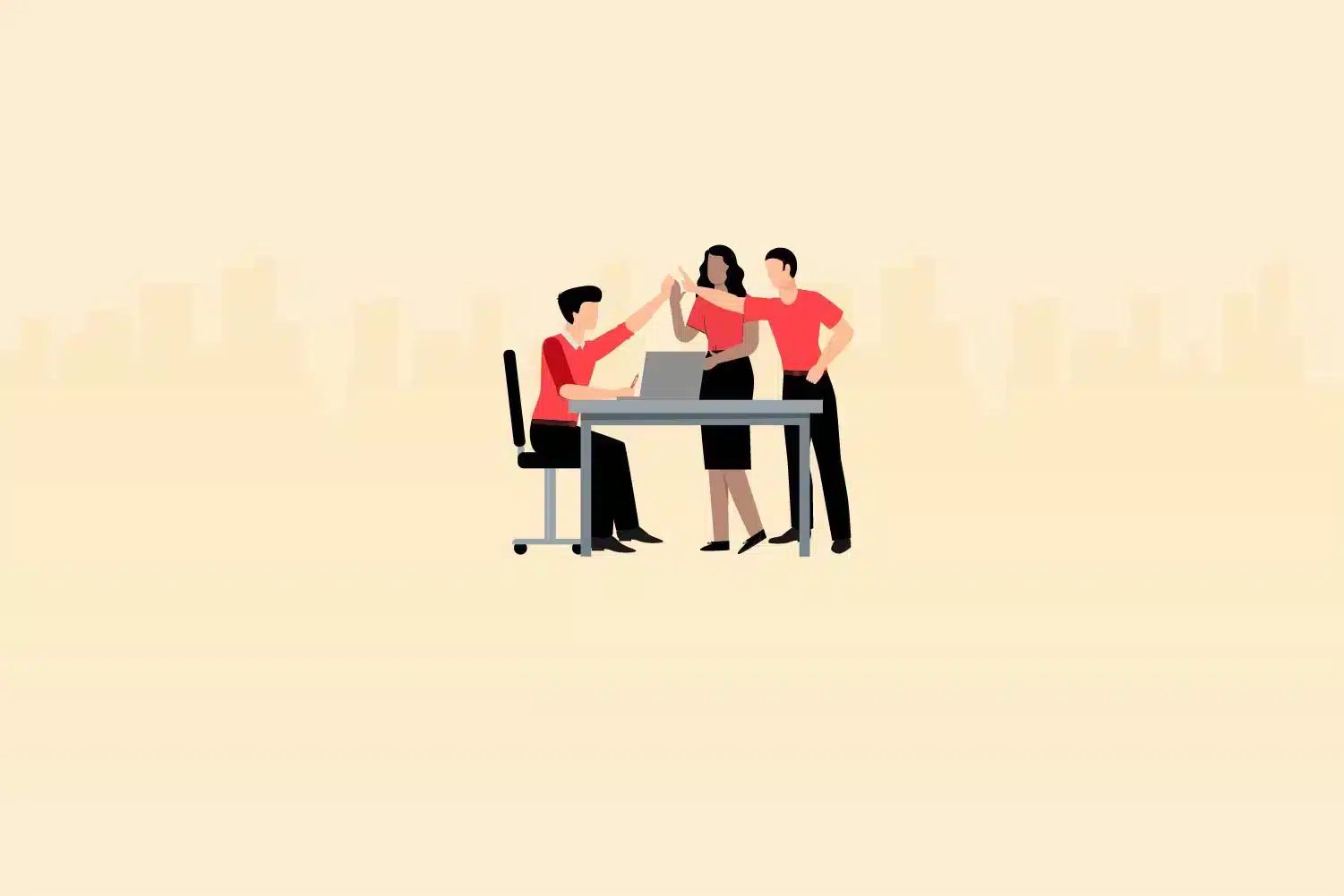The landscape of pharmacy technician recruitment is undergoing significant transformations in response to evolving healthcare demands and technological advancements. With an increasing focus on patient-centered care, the role of pharmacy technicians has become pivotal in supporting pharmacists and ensuring the safe and efficient delivery of medications.
According to recent industry analytics, the demand for pharmacy technicians is projected to grow by XX% over the next five years, reflecting the growing need for skilled professionals in this field. As HR professionals and CXOs, understanding the current recruiting trends and competencies required for pharmacy technicians is crucial for building robust pharmacy teams and optimizing healthcare operations. In this context, it is vital to craft interview questions that delve into the key skills, knowledge, and attitudes necessary for success in this role.
Here are the top 60 Pharmacy Technician interview questions to ask job applicants:
15 general interview questions for the Pharmacy Technician
- Can you provide an overview of your experience and qualifications as a pharmacy technician?
- How do you prioritize tasks and manage your time effectively in a fast-paced pharmacy setting?
- Describe a situation where you encountered a difficult customer or patient. How did you handle it?
- What steps do you take to ensure accuracy in medication dispensing and labeling?
- How do you maintain patient confidentiality and adhere to HIPAA regulations?
- Can you explain the process of medication inventory management and how you contribute to it?
- Describe your familiarity with different types of prescription medications and their classifications.
- How do you handle medication recalls and communicate the necessary information to the appropriate parties?
- Can you share an example of a time when you had to resolve a medication-related error or discrepancy? How did you handle it?
- How do you stay updated with new developments and changes in pharmacy practices, regulations, and medication therapies?
- What precautions do you take to prevent drug interactions or medication errors?
- Describe a situation where you had to work as part of a team to accomplish a common goal. How did you contribute to the team’s success?
- How do you handle stressful situations or high-pressure environments in the pharmacy?
- Can you provide an example of how you have effectively communicated with healthcare professionals, patients, or other team members?
- What do you think are the most important qualities or attributes of a successful pharmacy technician, and how do you embody those qualities?
5 sample answers to general interview questions for the Pharmacy Technician
- How do you ensure accuracy and attention to detail in medication dispensing and labeling?
Look for: Attention to detail, adherence to standard operating procedures, and double-checking processes.
Sample Answer: “In order to ensure accuracy and attention to detail in medication dispensing and labeling, I follow strict standard operating procedures. I double-check all medication orders against the prescription to verify the correct medication, strength, and dosage. I also pay close attention to labeling requirements, including proper medication names, auxiliary labels, and expiration dates. By implementing these processes and performing routine quality checks, I minimize the risk of errors and ensure patient safety.”
- Can you explain your familiarity with different types of prescription medications and their classifications?
Look for: Knowledge of common prescription medications, understanding of drug classifications, and awareness of potential side effects.
Sample Answer: “As a pharmacy technician, I have extensive familiarity with various types of prescription medications and their classifications. I am well-versed in commonly prescribed medications such as analgesics, antibiotics, antihypertensives, and antidiabetic drugs. I understand the importance of drug classifications, such as beta-blockers, proton pump inhibitors, or opioids, in determining their mechanisms of action and potential side effects. This knowledge allows me to provide accurate information to patients, address their questions or concerns, and assist the pharmacist in ensuring appropriate medication dispensing.”
- How do you handle challenging customer interactions or situations?
Look for: Strong customer service skills, patience, empathy, and problem-solving abilities.
Sample Answer: “When faced with challenging customer interactions or situations, I prioritize maintaining a calm and empathetic demeanor. I actively listen to the customer’s concerns and address them with patience and understanding. If there is a problem or issue, I focus on finding a solution by involving the pharmacist or offering alternative options. By effectively communicating and providing exceptional customer service, I aim to turn challenging situations into positive experiences for both the customer and the pharmacy.”
- How do you prioritize tasks and manage your time effectively in a fast-paced pharmacy environment?
Look for: Organizational skills, the ability to multitask, and efficient workflow management.
Sample Answer: “In a fast-paced pharmacy environment, I utilize effective prioritization and time management techniques. I start by assessing the urgency of each task and the order of completion based on patient needs, prescription requirements, and workflow efficiency. I maintain a well-organized workspace and use technology, such as pharmacy software or dispensing systems, to streamline processes. By managing my time effectively and efficiently, I ensure that prescriptions are filled accurately and in a timely manner, while also attending to other essential responsibilities in the pharmacy.”
- How do you stay updated on the latest developments and changes in pharmacy practices and regulations?
Look for: Commitment to ongoing learning, a proactive approach to professional development, and familiarity with reliable resources.
Sample Answer: “As a pharmacy technician, I recognize the importance of staying updated on the latest developments and changes in pharmacy practices and regulations. I actively participate in continuing education courses, attend relevant workshops or conferences, and read professional journals to expand my knowledge. I also utilize reputable online resources and subscribe to industry newsletters to stay informed about new medications, regulatory updates, and best practices. By continuously seeking opportunities for learning and growth, I ensure that I provide the most accurate and up-to-date information and services to both the pharmacy team and patients.”
15 behavioral interview questions for a Pharmacy Technician
- Tell me about a time when you had to handle a challenging or difficult situation with a customer or patient. How did you handle it, and what was the outcome?
- Can you describe a time when you identified a potential medication error or discrepancy? How did you handle it, and what steps did you take to rectify the situation?
- Give me an example of a time when you had to work collaboratively with the pharmacy team to achieve a specific goal or complete a project. How did you contribute to the team’s success?
- Describe a situation where you faced a high-pressure or stressful environment in the pharmacy. How did you manage your stress and ensure that patient care was not compromised?
- Share an experience where you had to prioritize multiple tasks simultaneously. How did you determine the order of importance, and how did you ensure all tasks were completed efficiently?
- Tell me about a time when you encountered a medication-related problem or challenge that required critical thinking and problem-solving skills. How did you approach the situation, and what was the outcome?
- Can you provide an example of a time when you had to communicate complex medication information to a patient or caregiver? How did you ensure their understanding, and what strategies did you use to simplify the information?
- Describe a situation where you had to adapt to changes in pharmacy practices, technology, or regulations. How did you handle the transition, and what steps did you take to ensure compliance and efficiency?
- Give me an example of a time when you demonstrated exceptional attention to detail in medication dispensing and labeling. How did your attention to detail contribute to patient safety?
- Share an experience where you had to handle confidential patient information. How did you ensure patient privacy and maintain HIPAA compliance?
- Describe a situation where you provided excellent customer service to a patient or customer. How did you go above and beyond their expectations, and what was the outcome?
- Tell me about a time when you encountered a language barrier with a patient or customer. How did you overcome this challenge and ensure effective communication?
- Give me an example of a time when you had to resolve a conflict or disagreement within the pharmacy team. How did you approach the situation, and what steps did you take to find a resolution?
- Describe a situation where you had to use your organizational skills to manage medication inventory effectively. How did you prevent stock shortages or expired medications?
- Share an experience where you identified an opportunity for process improvement in the pharmacy. How did you propose and implement changes to enhance efficiency or patient care?
5 sample answers to behavioral interview questions for the Pharmacy Technician
- Tell me about a time when you had to handle a challenging or difficult situation with a customer or patient. How did you handle it, and what was the outcome?
Look for: Strong customer service skills, empathy, problem-solving abilities, and effective resolution of the situation.
Sample Answer: “In a challenging situation with a customer who was upset about a medication delay, I remained calm and empathetic. I actively listened to their concerns, apologized for the inconvenience, and assured them that I would find a solution. I quickly communicated with the pharmacist to expedite the process and personally followed up with the customer to provide updates. By ensuring effective communication and addressing their concerns promptly, I was able to resolve the situation to their satisfaction and maintain a positive customer relationship.”
- Can you describe a time when you identified a potential medication error or discrepancy? How did you handle it, and what steps did you take to rectify the situation?
Look for: Attention to detail, critical thinking skills, adherence to protocols, and a proactive approach to patient safety.
Sample Answer: “During medication dispensing, I noticed a dosage discrepancy that could have led to an incorrect prescription. I immediately brought it to the attention of the pharmacist, who verified the error. Together, we retraced the steps to identify the root cause and implemented additional checks in the dispensing process to prevent future errors. By taking prompt action and collaborating with the pharmacist, we ensured patient safety and reinforced our commitment to accuracy in medication dispensing.”
- Give me an example of a time when you had to work collaboratively with the pharmacy team to achieve a specific goal or complete a project. How did you contribute to the team’s success?
Look for: Teamwork, communication skills, willingness to collaborate, and ability to contribute to achieving a common goal.
Sample Answer: “As part of a team project to implement a new medication inventory management system, I worked closely with the pharmacy team to ensure a smooth transition. I actively participated in team meetings, sharing my insights and suggestions based on my understanding of the workflow. I also volunteered to train my colleagues on the new system, providing guidance and support during the implementation process. By actively collaborating and contributing to the team’s efforts, we successfully implemented the new system within the targeted timeframe, improving efficiency and reducing medication errors.”
- Describe a situation where you faced a high-pressure or stressful environment in the pharmacy. How did you manage your stress and ensure that patient care was not compromised?
Look for: Stress management skills, the ability to work under pressure, maintaining focus on patient care, and resilience.
Sample Answer: “During a particularly busy period with multiple urgent medication orders, I found myself in a high-pressure environment. To manage stress and ensure patient care was not compromised, I prioritized tasks based on the urgency of each prescription. I maintained open communication with the pharmacist and other team members to delegate responsibilities and support one another. Additionally, I utilized stress management techniques such as deep breathing and positive self-talk. By staying organized, maintaining composure, and focusing on patient safety, I was able to handle the situation effectively and provide quality care to all patients.”
- Can you provide an example of a time when you provided excellent customer service to a patient or customer? How did you go above and beyond their expectations, and what was the outcome?
Look for: Strong customer service skills, going the extra mile, exceeding customer expectations, and positive outcomes.
Sample Answer: “I had a patient who was struggling with understanding their complex medication regimen. In addition to providing clear instructions, I took the time to create a personalized medication schedule with color-coded labels and written instructions in simple language. I also followed up with the patient after a few days to check their progress and answer any additional questions they had. The patient was extremely appreciative of the extra effort and expressed their gratitude to the pharmacy manager. This experience not only strengthened our relationship with the patient but also improved medication adherence and patient outcomes.”
15 personality interview questions for the Pharmacy Technician
- How do you handle situations when faced with conflicting priorities or demands in the pharmacy?
- Describe a time when you demonstrated resilience and adaptability in a challenging work environment.
- How do you stay organized and manage your workload effectively to ensure timely completion of tasks?
- Can you share an experience where you showed exceptional attention to detail in your work as a pharmacy technician?
- How do you approach continuous learning and professional development in the field of pharmacy?
- Describe a time when you had to communicate complex medical information to a patient or caregiver. How did you ensure their understanding?
- How do you maintain confidentiality and uphold patient privacy in your work as a pharmacy technician?
- Can you provide an example of a situation where you successfully resolved a disagreement or conflict with a coworker or team member?
- How do you handle high-pressure situations or tight deadlines in the pharmacy? What strategies do you use to remain calm and focused?
- Describe a time when you took the initiative to improve a process or procedure in the pharmacy. What was the outcome?
- How do you ensure accuracy and prevent errors in medication dispensing and labeling?
- Can you share an experience where you went above and beyond to provide exceptional customer service to a patient or customer?
- How do you approach teamwork and collaboration in the pharmacy setting? Can you provide an example of a successful collaborative project you were involved in?
- Describe a situation where you had to exercise discretion and judgment in handling sensitive or confidential information.
- How do you handle feedback and constructive criticism from supervisors or colleagues? Can you give an example of a time when you applied feedback to improve your performance?
5 sample answers to personality interview questions for Pharmacy Technician
- How do you handle situations when faced with conflicting priorities or demands in the pharmacy?
Look for: Prioritization skills, the ability to manage competing tasks, and decision-making under pressure.
Sample Answer: “When faced with conflicting priorities or demands in the pharmacy, I assess the urgency and impact of each task. I prioritize based on patient needs, prescription requirements, and any time-sensitive requests. I communicate with the pharmacist and other team members to seek guidance or delegate tasks when necessary. By effectively managing my time, seeking support when needed, and making informed decisions, I ensure that essential tasks are completed in a timely manner without compromising patient care.”
- How do you approach continuous learning and professional development in the field of pharmacy?
Look for: Commitment to ongoing learning, curiosity, and staying updated with industry advancements.
Sample Answer: “I am deeply committed to continuous learning and professional development in the field of pharmacy. I actively seek out opportunities such as attending conferences, workshops, and webinars to expand my knowledge base. I also stay updated with relevant literature, research, and advancements in pharmaceutical practices. Additionally, I engage in self-study, take continuing education courses, and participate in relevant online forums to enhance my understanding of emerging medications and best practices. By continuously learning and staying informed, I aim to provide the highest quality of care and contribute to the advancement of the pharmacy profession.”
- Can you provide an example of a situation where you went above and beyond to provide exceptional customer service to a patient or customer?
Look for: Strong customer service skills, a willingness to go the extra mile, and a focus on patient satisfaction.
Sample Answer: “In a situation where a patient was unable to pick up their prescription due to mobility issues, I recognized the need for exceptional customer service. I took the initiative to coordinate with the patient’s caregiver and arranged for timely home delivery of the medication. Additionally, I provided clear instructions and offered to answer any questions they had regarding the medication regimen. By going above and beyond the standard service, I ensured that the patient’s needs were met and their well-being was prioritized.”
- How do you handle feedback and constructive criticism from supervisors or colleagues? Can you give an example of a time when you applied feedback to improve your performance?
Look for: Openness to feedback, willingness to learn and grow, and ability to implement feedback for professional development.
Sample Answer: “I value feedback and constructive criticism as opportunities for growth and improvement. When receiving feedback, I actively listen, seek clarification if needed, and reflect on the areas for improvement. For instance, in the past, I received feedback about my communication with patients and their families. I took the feedback seriously and worked on enhancing my communication skills by attending a communication workshop and practicing active listening techniques. By implementing the feedback, I noticed a significant improvement in patient interactions, ensuring better understanding and patient satisfaction.”
- How do you handle high-pressure situations or tight deadlines in the pharmacy? What strategies do you use to remain calm and focused?
Look for: Stress management skills, the ability to handle pressure, and maintain composure during challenging situations.
Sample Answer: “During high-pressure situations or tight deadlines in the pharmacy, I rely on effective stress management techniques to remain calm and focused. I prioritize tasks based on urgency and create a systematic plan to ensure efficient completion. Deep breathing exercises, taking short breaks for relaxation, and maintaining a positive mindset help me manage stress. I also communicate with the team to delegate tasks and provide support when needed. By staying organized, managing time effectively, and maintaining a composed approach, I am able to navigate through demanding situations while ensuring patient safety and quality care.”
When should you use skill assessments in your hiring process for Pharmacy Technician?
Skill assessments can be valuable in the hiring process for Pharmacy Technicians to ensure that candidates possess the necessary skills and competencies required for the role.
Assessments provide objective measurements of a candidate’s abilities and can help in making more informed hiring decisions. They offer several benefits, such as:
- Objective Evaluation
Skill assessments provide an objective evaluation of a candidate’s capabilities, allowing employers to gauge their proficiency in key areas relevant to the pharmacy technician role. This helps in assessing technical skills, such as medication dosage calculations, prescription interpretation, compounding, and inventory management, as well as soft skills like communication, attention to detail, and problem-solving.
- Predictive Validity
Skill assessments have predictive validity, meaning they can reliably predict a candidate’s performance on the job. By using assessments tailored to the specific skills required for the position, employers can identify candidates who are more likely to succeed and excel in their pharmacy technician roles, ultimately reducing turnover and improving productivity.
Common skill assessments used for Pharmacy Technicians include:
- Medication Calculation Tests
These tests assess a candidate’s ability to perform accurate and efficient medication dosage calculations, a critical skill for pharmacy technicians.
- Pharmacy Law and Regulations Assessments
These assessments evaluate a candidate’s knowledge and understanding of pharmacy laws, regulations, and ethical guidelines, ensuring compliance and patient safety.
- Pharmaceutical Product Knowledge Tests
These tests assess a candidate’s knowledge of various medications, drug interactions, side effects, and proper handling procedures.
- Customer Service and Communication Skills Assessments
These assessments evaluate a candidate’s ability to effectively communicate with patients, healthcare professionals, and colleagues, emphasizing empathy, active listening, and professionalism.
By incorporating skill assessments into the hiring process, employers can make more informed decisions, ensuring that the selected candidates possess the necessary skills and competencies to excel as pharmacy technicians.
Use our interview questions and skill tests to hire talented Pharmacy Technicians
Unlock the potential of your hiring process with Testlify’s comprehensive skill assessments and interview questions specifically designed for Pharmacy Technician.
Our extensive test library offers a wide range of assessments, including cognitive function, personality, situational judgment, programming, and more. By leveraging these assessments, you can objectively evaluate candidates’ abilities, ensuring you shortlist the most talented individuals efficiently.
To further enhance your hiring process, we invite you to book a free 30-minute live demo. Our expert team will guide you through the platform, showcasing relevant skill tests tailored to your hiring needs. With our support, you can streamline candidate selection, saving valuable time and resources.
Ready to find the perfect fit for your Pharmacy Technician role? Testlify provides the tools you need to make informed hiring decisions. Explore our skill assessments and interview questions today to uncover exceptional talent for your team.
